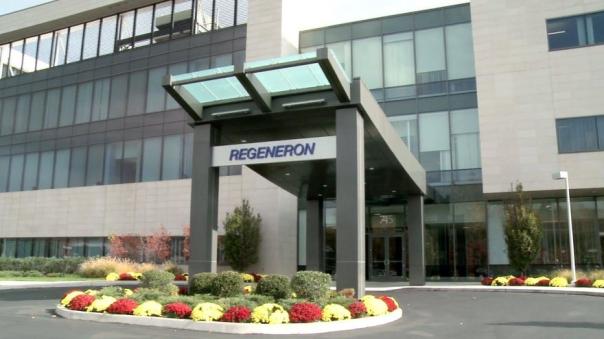Regenerative element stops the three-phase study of wasinumab osteoarthritis
May 04, 2018 Source: Sina Pharmaceutical
Window._bd_share_config={ "common":{ "bdSnsKey":{ },"bdText":"","bdMini":"2","bdMiniList":false,"bdPic":"","bdStyle":" 0","bdSize":"16"},"share":{ }};with(document)0[(getElementsByTagName('head')[0]||body).appendChild(createElement('script')) .src='http://bdimg.share.baidu.com/static/api/js/share.js?v=89860593.js?cdnversion='+~(-new Date()/36e5)];Recently, according to the recommendations of the Data Monitoring Committee, Regeneron (Regeneration) has decided to stop the clinical Phase III trial of high dose therapy with wasinumab. The committee evaluated the risk/benefit of the osteoarthritis treatment plan in the trial based on the data to date, and concluded the recommendation to suspend the trial.

The Regenerating Unit has been conducting a series of Phase 3 clinical trials on the drug wasinumab to evaluate the drug's therapeutic effect on patients with knee or hip osteoarthritis and, in some cases, chronic low back pain.
The regenerative element has tested the therapeutic effects of various methods of the novelinab in later plans, but now narrows its research and development focus to lower doses. The Data Monitoring Committee approved the continuation of these low-dose trials, but reserved for high-dose drug trials. Although the specific details of the data monitoring committee investigation have not yet been fully disclosed, the known confirmation message is that the drug has a low risk/return and is not suitable for continued testing. Previously, when talking to investors in February, the regenerative chief scientific officer George Yancopoulos described the fasinumab R&D project as “a huge market opportunity with a significant risk balanceâ€.
This risk is identified by the expected efficacy of anti-NGF antibodies that were once exaggerated. What is of interest to pharmaceutical companies is the pain signaling function of NGF. Rare human genetic variation suggests that blocking NGF or its receptor TRKA can stop the pain signal. It is estimated that NGF antibodies are rare painkillers that are comparable to morphine drugs and have no risk of addiction. So NGF was a very hot project 10 years ago, and the total market value was estimated at over $10 billion. However, in 2011, Pfizer's purchase of tanezumab from Rinat significantly increased knee injury in clinical trials, prompting the FDA to stop clinical trials of NGF antibodies. Soon the FDA extended the clinical suspension to other analgesic indications for unclear reasons.
At present, some patients who receive NGF antibody drugs have accelerated the progression of arthritis, and the reasons have not been investigated. An optimistic theory is that these therapies work well, and the therapeutic effect of NGF antibodies is too good, so the patient loses pain and excessive exercise, which leads to further serious damage to the joints, but outsiders have argued that if other painkillers such as morphine are such It should have the same consequences. Therefore, it has also been pointed out that NGF is related to bone metabolism, and blocking NGF may interfere with the normal bone rebuilding function of the human body.
Chronic pain is now the leading disabling disease in the United States and throughout the world, and the number of deaths from morphine abuse has reached alarming levels. So one of the two main questions of the FDA's new director's pre-congressional hearing was his ability to manage morphine abuse. There is a need in the United States for a new class of painkillers that can replace morphine. Therefore, in 2012, the FDA fully opened the NGF antibody clinical trial after re-examining the safety data. In 2013, Lilly announced that it will invest $1.8 billion and Pfizer to jointly develop tanezumab, and the NGF field seems to have a turnaround.
In this regard, Regeneration Yuan insists that the urgent need for non-opioid painkillers and the increasing prevalence of osteoarthritis have greatly demonstrated the help of NGF antibody drugs, even if it may cause some patients' illnesses. deterioration. Pfizer, which is optimistic about NGF security issues, is expected to release its three-phase data with Lilly's tanezumab this year. However, according to the current research and development of various companies, the future of NGF antibody drugs is still confusing. (Sina Pharmaceutical Compilation / Fan Dongdong)
Article, image reference source: Regeneron halts high doses of phase 3 osteoarthritis drug fasinumab amid risk-benefit concerns
Xi'an complex bio-tech CO.,LTD. , https://www.complexpowder.com